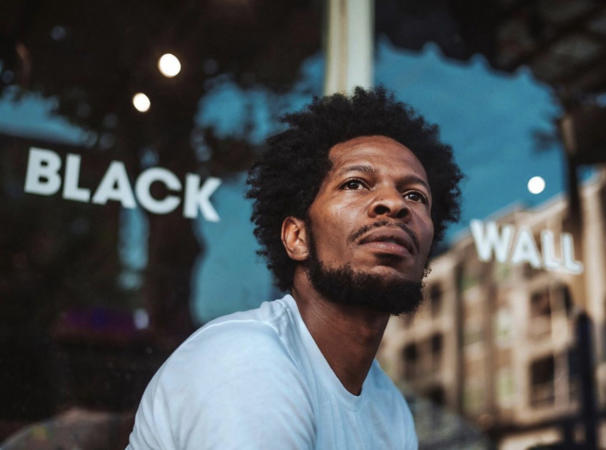The 99th anniversary of the 1921 Tulsa Race Massacre just recently passed and as an ode to what was once the wealthiest Black neighborhood in the country, current residents of the town continue to uphold its legacy.
Before the chain of tragic events, Tulsa, Oklahoma was recognized as Black Wall Street, a historic Black and affluent district filled with thriving businesses. Today, current residents have opened their own businesses to keep the name of the neighborhood alive.
A few of those residents recently shared their stories of Black Wall Street with Black Enterprise and how they’re preserving the neighborhood’s origin story.
“One of the greatest ways to pay homage to those who came before us is to respect their legacy enough to not just commemorate it but to keep it alive,” said Onikah Asamoa-Caesar, owner of Fulton Street Books. “Being a young Black business owner to me is to be one more person keeping the flame lit.”
She added, “When I see images of Black Wall Street, I see Black excellence. I want Fulton Street to agitate that deeply embedded bit of oppressor that suggests that there is something second class about Black-owned businesses. Because of the legacy of Black Wall Street, I feel the need to work twice as hard to ensure we disrupt some of the notions about Black-owned businesses. We have big shoes to fill, and I don’t take that lightly.”
Ricco Wright, founder and curator of the Black Wall Street Gallery, shared the reward he finds in thriving in the once-prosperous neighborhood.
“Continuing the legacy of Black Wall Street makes me proud because I know how much they sacrificed to build this fledgling business district,” Wright said.
The famous neighborhood received a $500,000 grant from National Park Service back in April to help restore the area and renovate a few of its buildings.
“These grants will fund important projects that document, interpret, and preserve sites that tell the stories of the African American experience in the pursuit of civil rights,” said National Park Service Deputy Director, David Vela in a press release.
For some of these Black business owners, the history embedded in the neighborhood largely contributes to the success of their business.
“As a historic area with a story that’s gaining more and more national attention, people from all over visit us or shop online with us,” said Venita Cooper, owner of Silhouettes Sneakers and Art.
Knowing their shops and ventures live on the same soil of famous origins is enough to know they’re pursuing the right path and bringing more awareness to what is still unknown to some.

